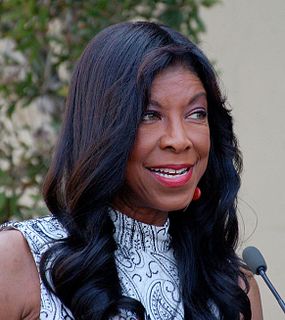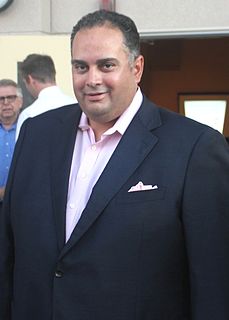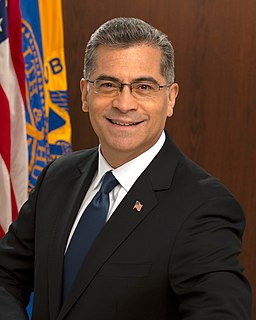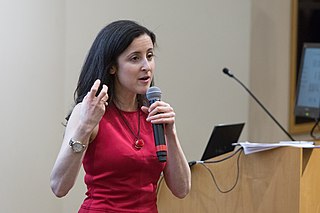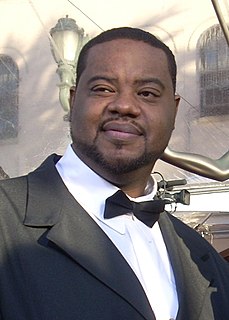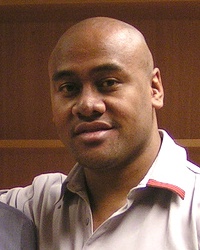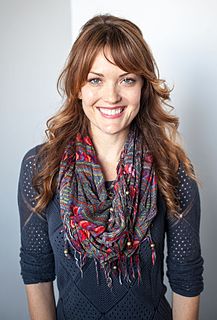A Quote by Natalie Cole
My friend was on dialysis for six years before he got a new kidney. I was on dialysis for eight months. I'm almost not even the typical person who has kidney failure.
Related Quotes
There is a risk of death associated with donating a piece of liver. It's about one in 500 for the risk of death. The risk of death of donating a kidney is about one in 3000, so this is a riskier operation than donating a kidney. The stakes are usually higher for the recipient of the transplant because unlike kidney failure, where you have a dialysis machine, in liver failure we don't have that kind of machine that allows a patient to survive until they can get a cadaver organ.
